Statement on the Appointment of Rob Jeffreys to be the Director of the Illinois Department of Corrections
The John Howard Association of Illinois (JHA) congratulates Rob Jeffreys on his appointment as the new Director of the Illinois Department of Corrections (IDOC) and thanks Director Baldwin for his work in Illinois over the past four years.
Director Jeffreys brings a wealth of more than two decades of correctional experience from Ohio, where he most recently has served as the Chief of Staff for the Ohio Department of Rehabilitation and Corrections (ODRC) overseeing a variety of executive and management functions within the agency. His background in corrections reportedly centers on the use of research and data to drive decision-making, improve outcomes and increase agency efficiency and effectiveness. With the National Institute of Corrections (NIC), he has worked to enhance correctional best practices throughout the country.
As Illinois' only independent, non-partisan prison monitor, JHA looks forward to fostering a collaborative partnership with Director Jeffreys to advance needed reforms and improve conditions in and outcomes for Illinois' $1.4 billion prison system. Director Jeffreys takes the helm at an agency with several urgent challenges, a lack of technological infrastructure and efficiency, minimal data collection and evaluation, overcrowded and understaffed facilities, serious deferred maintenance needs, and critically, need for compliance with litigation mandates, including for provision of adequate mental health treatment and medical care in our prisons.
Vast improvement in living conditions, treatment, and programming for Illinois’ incarcerated population is imperative to achieving a system that is humane and which results in better outcomes for Illinois. IDOC's leadership must advance professionalism and rehabilitative values, and ensure conformity of practice throughout the state's diverse correctional environment. This includes leadership establishing a productive working relationship with correctional staff and creating a culture that stresses reform values while addressing on the ground realities and concerns.
IDOC must also be responsibly transparent and increase data collection, which cannot occur without appropriate investment in necessary staffing, training, and technological capacity. IDOC leadership will face challenges moving towards a more appropriately resourced department given current budget constraints. However, without improvements within IDOC to draw the agency closer in alignment with correctional best practices, Illinois prisons will continue to be extraordinarily difficult places for those who live and work inside of them, and will continue to fuel resource consuming litigation that frequently results in long periods of uncertainty and delays before changes are realized.
Increased resources must be made available to improve programming for all prisoners in Illinois. In the last few years Illinois has created two Life Skill Re-entry Centers, facilities that focus on preparing people to leave prison and become productive citizens upon their return home. This model provides increased independence, job skill training, resume building opportunities, expanded family contact and interaction, and assists people in acquiring needed tools that allow them to find a job, manage finances, use technology, and reintegrate successfully into their communities. These facilities and the programs offered should not be the exceptions, as they currently are; this model should be widely available to people in Illinois’ prisons. If we want people to do better upon release, we must ensure they are treated fairly and humanely and that they are provided with opportunities to improve their own outcomes – which are made better by educational programming, job training, and supportive relationships during incarceration.
IDOC needs effective, and accountable leadership to implement practical changes for population reduction, improved facility conditions and initiatives that will lead to successful re-entry. Illinois must seize every opportunity to create a system that enhances community safety through promoting interagency and community partnership, humane treatment of prisoners, and by proactively creating and implementing policies and programs that support reintegration and rehabilitation.
JHA welcomes Director Jeffreys to Illinois and looks forward to working with the Director and his staff to enact meaningful reform throughout Illinois' correctional system in order to benefit all of our citizens, both inside and outside of prison.
Jennifer Vollen-Katz
Executive Director
John Howard Association
